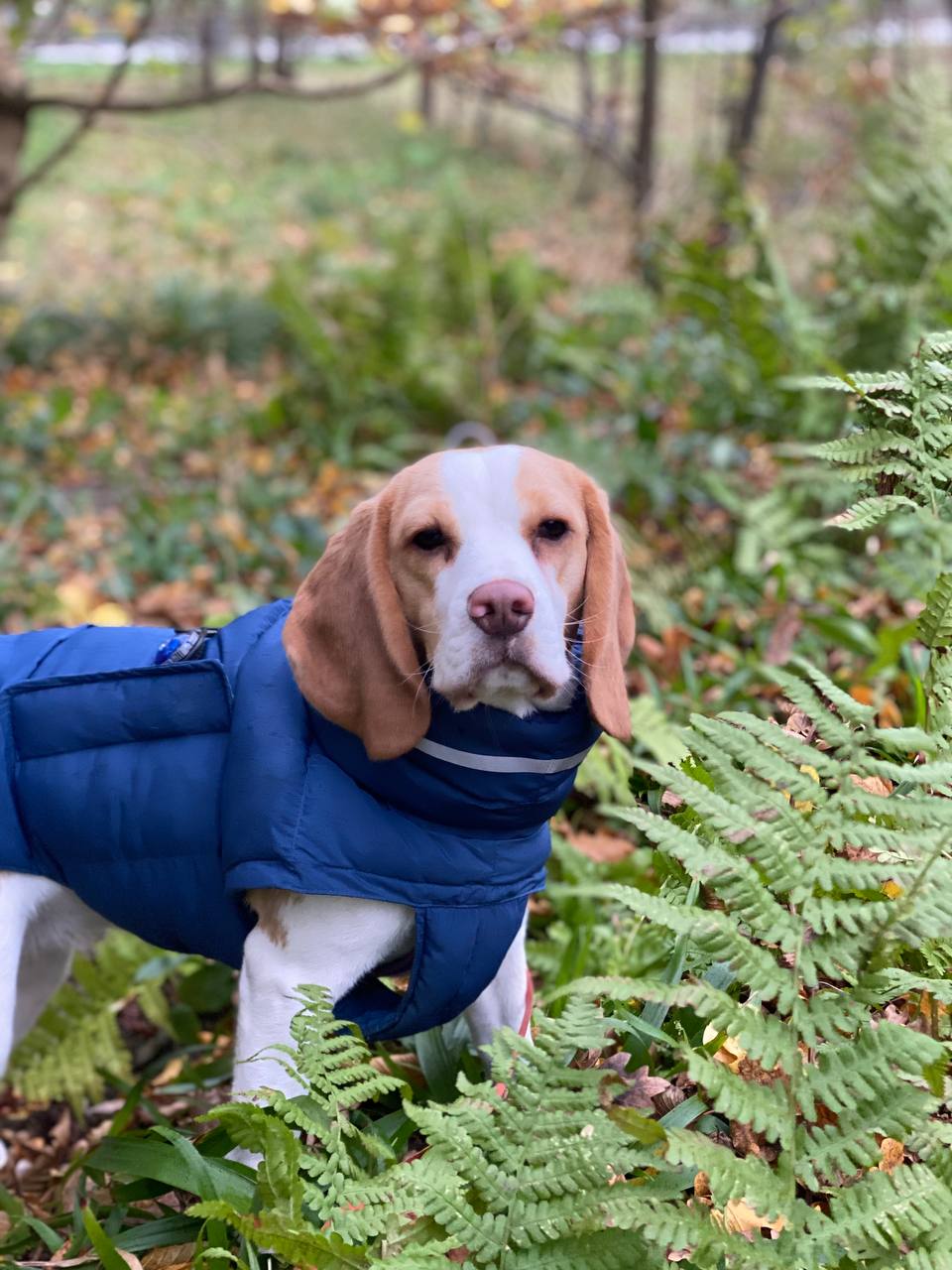Haven’t really used a mocha pot before, so I’m experimenting a little to find the right grind settings and ratios for my taste. Normally brew espresso on a flair classic. Went with this more modern design from bialetti because it also works on induction stoves.
I have this same one! I love it! So much easier to get a good cup of coffee out of it than the aluminum one I had
Awesome, I haven’t tried the aluminium ones so I can’t compare, but this one definitely seems to be very solid and easy to work with. I personally also like this design more.
What does a recipe look like for you?
I’ll have to sit with my partner and remember what it is I do with the Moka pot. I mostly do aeropresses
I’ve only used a steel moka pot. How is it easier than one made of aluminium?
I have no explanation. All I know is I get consistently better coffee from it. Maybe it’s a thermal mass thing?
I have also found that leaks in the little funnel that holds the coffee can ruin the brew.
I’ll just leave my usual copy pasta here that i hope will be a helpful guide. This is what I do for getting the best coffee out of a mocha pot.
This method gives me perfect coffee every time, but your milage may vary so don’t be afraid to experiment.
Grind to filter coffe size or maybe a bit finer. Don’t go to espresso level or it’ll just clog the brewer and burn the coffee. It is generally not super sensitive to grind size so don’t worry too much. If in doubt go corser.
Always, always weigh the coffe! I found that they are actually quite sensitive to the amount of coffe you put in. Ever since a started weighing the beans I’ve never had any issues with it. If you cannot get a nice consistent flow through the entire brew and it begins to sputter too early you most likely filled it too much. So rather than fiddle with the grind size, you should instead fill it a little less next time. This is why you must weigh the beans. I use 12-13g for the 2 cup, and 28-30g for the 6 cup version. If I go outside that range it won’t brew nicely. It’s that sensitive! Grind size does very little to change this
Use hot water. This first of speed up the brew but also makes it easier to control the pressure inside. So pour hot/freshly boiled water in, assemble, and put on a low to medium heat with the lid open so you can see when the coffee comes. When the coffee starts to come through turn it down to low low heat to get a nice, slow and consistent flow. For the 2 cup version it’s about 15-30 seconds and for the big 6 cup version i think it’s about 40-90 seconds. I can’t remember exactly so don’t worry too much as long as it’s consistent and nice and slow. No sputter until the very end when its done and you take it off the heat at the first sign of sputter.
Pour the coffee immediately. Otherwise it’ll slowly burn and turn bitter in the hot brewer. If you want to share the portion stir it a bit first since its much stronger at the bottom.
With this method i always get amazing coffee out of this little machine and i low it so much.
I usually drink it with plenty of milk. I just heat it with the Bialetti electric milk foamer, but a little pot and a whisk would give the same delicious foam. Don’t heat the milk too much. It should only be around 65 degrees or something like that or it changes the taste. For UHT treated milk i guess this doesn’t matter.
I hope this was helpful. So enjoy your coffee.
Additional debugging steps:
If you use a blade grinder: This is totally okay to do, and I’ve used one for years when I was a student and it worked just fine as well. You can grind pretty fine with that for the mokka pot. It’s difficult to go too fine, but again, if on doubt go corser. Much more importantly is to avoid clumps. Blade grinders tends to make clumps so try to stir them out a bit with a needle/scewer or a very thin fork.
Clumps causes channeling and easily makes it sputter and all the water goes through too fast since it cannot build the pressure needed to make a consistent flow.
Clogging causes it to go really slow and sputter almost immediately and it seems like not all the water wants to go through. This is because it builds up too much heat and pressure so when the coffee passed through the coffee it’s above 100C° so it instantly boils when it reaches the other side and gives a very harsh amd unpleasant taste.
And finally finally,FOR THE LOVE OF GOD CLEAN YOU MOKKA POT WITH SOAP! Don’t be fooled by what others are saying. It’s not building up “flavour” it is literally old and rancid coffee “flavours” you are building up. So please please clean you pot with soap and a soft sponge every single time.
I agree with almost all of that, except I do fine filling the basket and wiping excess off with the back of a knife
But I do always use the same coffee on the same grind setting (I dialled it in years and years ago)
My point is volumetric measurement is fine if you’re accurate and consistent
+1 on cleaning with soap. I put the basket through the dishwasher, and weekly hand wash the aluminium parts
Even when i chance coffee type often and also use caffeine free coffee it almost always works if I use weight. But yes if you always just use the same coffee and grind setting then of course it’ll work. I just find that even 1-2g over and it’ll clog the brewer and it’ll start sputtering before it is half way though
To avoid getting coffee grind in it, we tend to use somewhat courser grinds when making mocha. Recently there was a study that adding a tiny splash of water prior to grinding unlocks the most flavour, so there’s that as well.
We are still not sure if it is better to slowly heat it from cold water or to just put it on the hottest and have it done faster. As I was typing this, I did a quick search and some guy on reddit even has the water boiling first, before assembling it. I suppose it doesn’t matter all that much, as long as the grind size is not too small.
That being said, I’m hardly an expert, but I do enjoy a good mocha coffee from time to time (I think I will have one now, actually).
I always spritz my beans prior to grinding, but mostly to keep the grounds from sticking to my grinder. Didn’t known it also had an impact on extraction.
The primary reason for me to get this was to have a simpler workflow for a quick cup of coffee than my flair, so I’ve only been using it with cold water in from the start. It works pretty well I would say.
James Hoffman (youtube coffee expert) advices to put hot water in the cup because it gives a less acidic coffee. https://youtu.be/BfDLoIvb0w4
I’m using my moka pot on an induction stove that goes from 1 to 9, and there’s also a P setting for max power. Normally, I just use P or 9 to make the water boiling hot. Then I leave it at zero and assmble the whole pot. After that, I set it to 2, and wait. Letting the water cool down just a little at zero heat is important. If you keep the stove at 2 while assembling the moka pot, you’ll get the water flowing way too fast, and you’ll get under extracted weak coffee.
There’s a reason for doing it this way. If you heat the water with number 2 power, it’s going to take way too long. If you give it more heat, it will obviously heat up faster, but it will also increase the flow way too much. On top of that, you’ll also get steam running through the grinds, and that tends to bring out all the bitter notes very quickly. Therefore, doing the extraction at the lowest heat possible is the way to go. Since the moka pot doesn’t have a pressure gauge, it’s very difficult to tell when would be the ideal time to reduce the power. In order to avoid that problem, I recommend boiling the water before assembly.
This has the added benefit of being induction stove compatible, so your coffee brews faster and without burning up the beans.
Yeah the ability to be used on induction is exactly the reason I bought it. I didn’t want to bother with the induction plate add-on for the aluminium ones.
I have the plate and while it works, it sucks. It slows down heat transfer considerably.
Add a bit of oil as a “thermal paste”/interface between the adapter and the pot. I use a tiny frying pan as an adapter for my Turkish cevze and it’s night and day.
Interesting. But I don’t know I’d be willing to add to the cleaning routine.
I mean, it’s just a quick soapy sponge wipe and you should clean your moka pot after each use anyway.
Cleaning the pot is done with water alone, so I can do fine. Anything with soap rubs my eczema the wrong way.
I love my Venus, I would like to see more stainless steel moka pots
Yay for full stainless steel! You can fully clean it with Cafiza/Pulycaff for a perfect cup!
Nice. This is my gift for next year to my self. I think it’ll be the last coffee machine I’m missing… I think…
Funny, I bought the same model yesterday on a clearance sale 😅
Still figuring it out too, I might use it as a travel brewer next to my Flair and/or my wife’s Aeropress.
As an aside I tested all the parts with a magnet and it’s full stainless, so you can thoroughly clean it with PulyCaff or Cafiza unlike Aluminium ones.
Nice, I have a very similar one. Unfortunately I don’t grind my beans myself but I use it with lavazzas „crema e gusto“ which tastes amazing.
What do y’all clean this moka pot with? The instructions say to use only water and not use dish soap but just water doesn’t clean it very well in my experience.
I have a stainless steel one that I just rinse, had it about twelve years no bother
I’ve only used hot water and a brush so far
It’s stainless steel, so Puly Caff.






